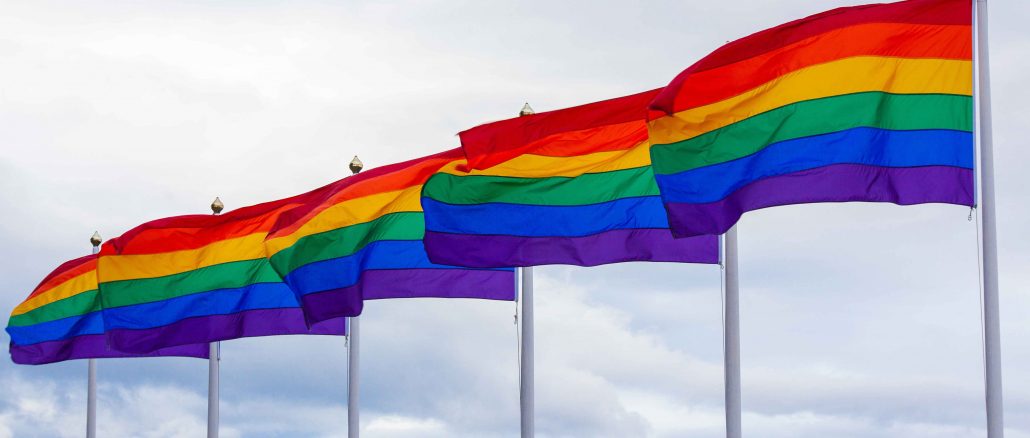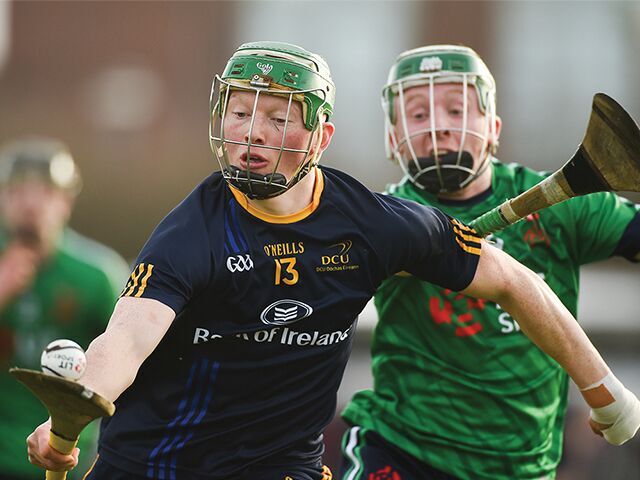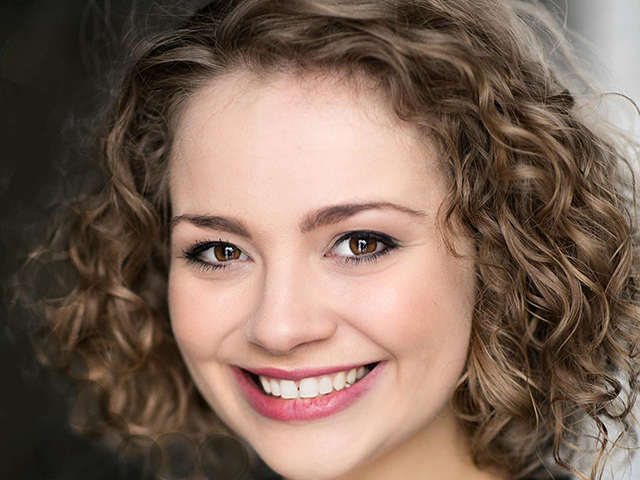
[dropcap]S[/dropcap]tandUp Awareness week is running this week in a number of schools across Ireland.
Organised by BeLonG To Youth Service, the charity for young LGBTI+ people, the initiative has been going on for 11 years and gives second-level schools a chance to stand up against LGBTI+ related bullying.
The schools are provided with a resource pack available on BeLonG To’s website. The pack includes information, activities and advice on how to create an LGBTI+ friendly school environment.
The week ends on the 20th of November, which is Trans Day of Remembrance.
In a recent poll by BeLonG To, some 52 per cent of students felt that if someone in their school came out as lesbian, gay, bisexual or transgender, that person will be bullied.
This aligns with the findings of BeLonG To’s 2019 School Climate Surve-y which found “Some 77% of LGBTI+ students experience verbal harassment (name-calling or being threatened), 38% experience physical harassment (being shoved or pushed), and 11% experience physical assault (punched, kicked or injured with a weapon) based on their sexual orientation, gender or gender expression.”
Dean O’Reilly, VP for Welfare and Equality in DCU, highlighted the need to change the culture of discrimination in secondary schools as these intolerances can then carry over into third level.
“I’ve walked around campus and been called a faggot before, friends of mine have been jeered at or hit before,” he said. “But, what changes, in my view, is the support system.
“There are far more supports and publicly out (and successful!) LGBTQ folks in 3rd level. To me, that’s where I found my family. And I know that’s the case for most of my friends.”
Another third-level student spoke about how important she thinks is to introduce this anti-intolerance at second level.
“Discussing and education and being made aware is all very important and it’s all about creating that safe environment and knowing whether or not it’s safe to come out,” she said. “I think that would encourage more kids to come out once they know that it’s safe and that they will be accepted.
“It makes coming out so much easier when you know you’re in a safe environment. I know with my own experience with coming out, I discussed with my friends LGBT rights and those sort of issues, and I knew where they stood and I knew that they were on my side. It made coming out a lot easier because I knew I’d get a good reaction.”
Niamh Quinlan
Image Credit: Jasmin Sessle on Unsplash



